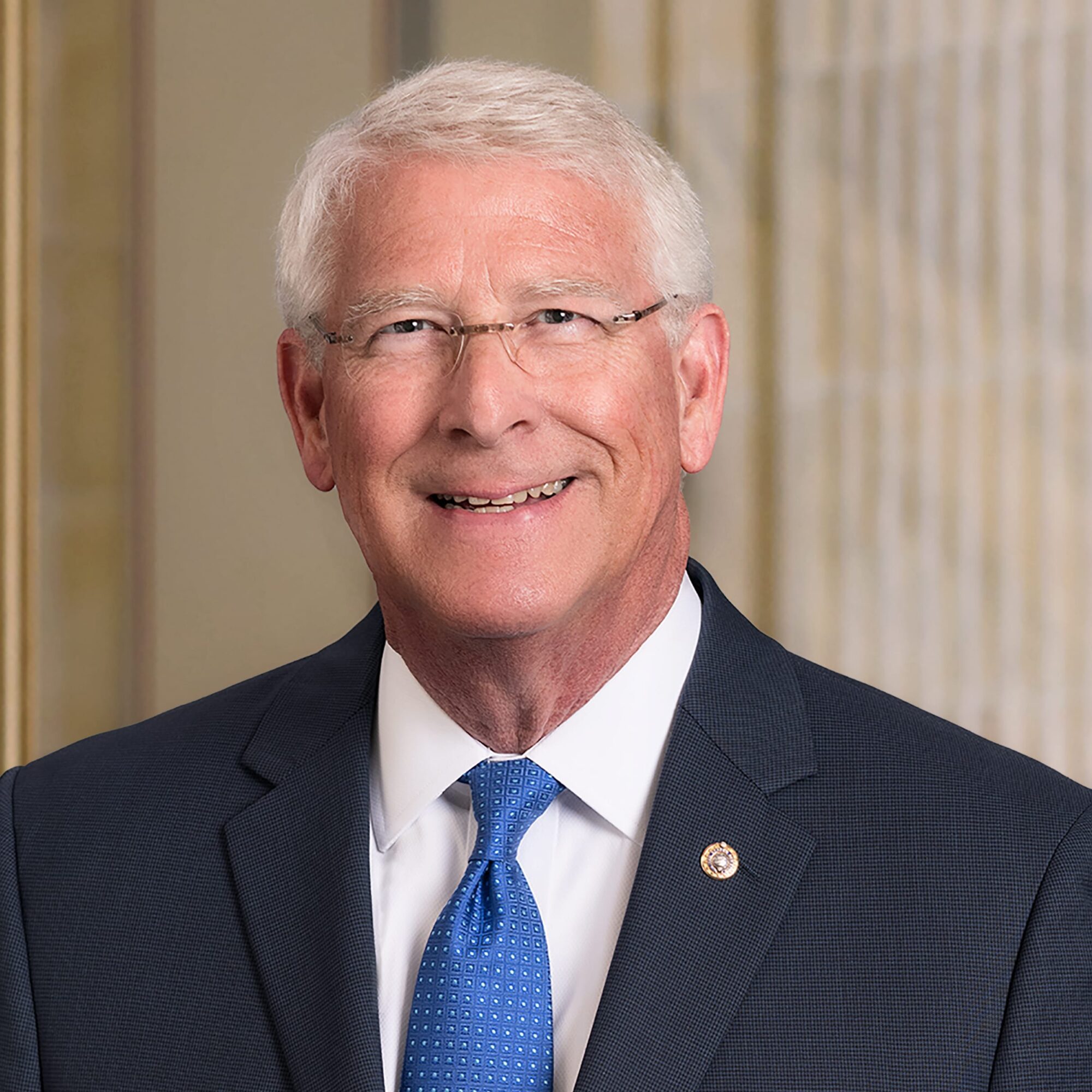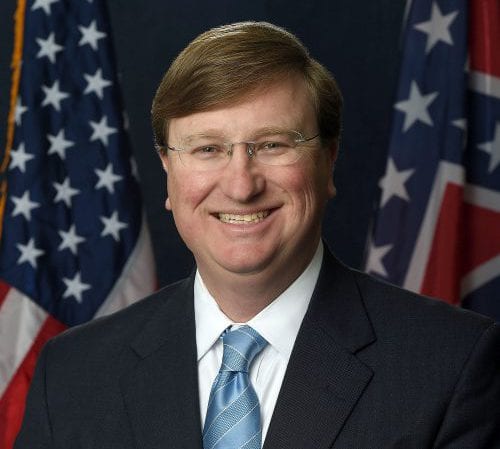
High School Cadets More Likely to Graduate, Attend College
The experience of serving in Junior Reserve Officers’ Training Corps (JROTC) programs can have real benefits. A Rand Corporation study found that students who participate in JROTC have higher grades, better attendance rates, and are more likely to graduate from high school than other students.
I introduced legislation in 2018 to expand the availability of JROTC programs to more high schools across the country. The JROTC Opportunities for Transformational Change Act of 2018 authorized funding and reforms to add 100 new units at schools in rural and underserved areas. The bill was included in the defense authorization act and became law with President Trump’s signature. Two years later, this law is continuing to expand opportunities for communities and young people.
I am pleased to report that last year’s defense bill built on my 2018 proposal by setting a minimum requirement of 3,700 units nationwide in 10 years. Achieving this baseline will add 188 more units than exist today. Each of these new programs will provide young leaders lessons about service, character, and citizenship while encouraging better health and wellness.
Success of Mississippi Cadets Inspires Positive Change
Mississippi is a prime example of the impact a JROTC unit can have on a community. In fact, it was the success of students enrolled in JROTC programs in our state capital that originally inspired me to introduce legislation to expand these programs to other schools. The Jackson Public School system, a district facing significant challenges, includes seven schools that host JROTC units. Across these schools in 2018, 90 percent of graduating seniors who participated in JROTC were accepted to an institution of higher learning and received more than $7.5 million in scholarship offers.
Outcomes clearly are better for students who participate in these programs, but more programs are needed. Before my legislation, funding was flat or declining for JROTC, and hundreds of high schools were on the waitlist for a unit. We are now closing the gap.
Support for Rural and Underserved Communities
The JROTC Act is also working to improve the availability of enhanced opportunities where they are needed most – in rural and other low-income communities. Five times as many urban schools have a unit compared to rural schools. Only three percent of high schools with fewer than 500 students have a JROTC unit. This divide puts students from rural states like Mississippi at a distinct disadvantage.
To address this problem, the JROTC Act prioritizes new programs for schools in underserved areas. It also gives high schools greater flexibility in hiring instructors, which can often be a challenge in small communities.
As an ROTC cadet in college, I know firsthand the benefits of a military education experience while in school. Numerous other military, business, and government leaders can trace their success to a JROTC or ROTC program, including Commerce Secretary Wilbur Ross, Housing Secretary Ben Carson, former Secretary of State Colin Powell, entrepreneur Sam Walton, and football legend Lou Holtz.
Expanding the availability of these programs will give more members of this new generation of leaders the opportunity to learn, mature, and succeed.
Senator Roger Wicker Press Release
1/31/2020











